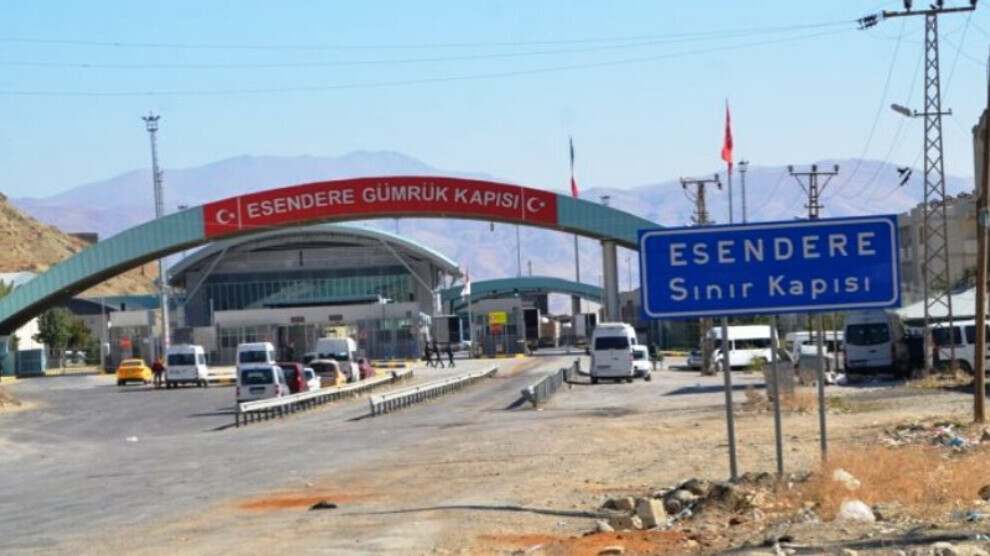HDP deputy Dede: Hakkari border gates are an election tool for the AKP
HDP Hakkari MP Sait Dede said that the people of Hakkari could not benefit from the border gates, as they are used by the AKP as an election tool.
HDP Hakkari MP Sait Dede said that the people of Hakkari could not benefit from the border gates, as they are used by the AKP as an election tool.

HDP Hakkari MP Dede, who stated that the government deliberately weakened the border trade capacity, noted that the strategy of condemning people to poverty continues.
Although Hakkari borders Eastern and Southern Kurdistan, it is a city struggling with poverty and unemployment due to the impoverishment, immigration, prohibition and oppression policy of the state.
The city, with a population of 280 thousand, reaches East Kurdistan through the Esendere Border Gate, while it is connected to South Kurdistan through the Üzümlü Border Gate.
The people of Hakkari, who are under the economic embargo of the state, have been actively waiting for these two border gates to be opened for years. These two border gates have become election propaganda tools for the AKP and are opened in almost every election period only to be closed again after the elections.
The Democratic Party of Rights (HDP) Hakkari MP Said Dede reminded that one of the most important sources of income for the people is border trade and said the following: “Although Esendere Border Gate is a trade gate, only certain companies are allowed to trade within certain quotas. In other words, the people of Hakkari unfortunately cannot benefit from it. Derecik gate, on the other hand, was not put into operation, despite the fact that the government repeatedly said that they had opened it, and it could not go beyond being an election promise. Trade is not allowed at the Üzümlü border gate, which was opened in 2015, and only passenger entries and exits are allowed. Quotas applied at the border gates are given to AKP supporters, but poor citizens see even 3-5 kilos of rice confiscated.”
Dede added: “The capacity of border trade is being weakened by the government's deliberate strategy of condemning people to poverty. The artificial borders built between the Kurdish people continue to cause the death of hundreds of kolbars a year and to prevent the right of people living on both sides to trade.”